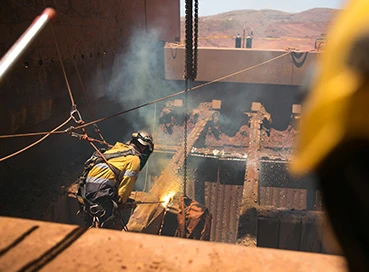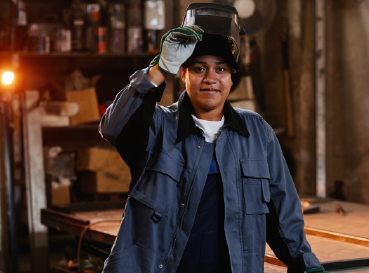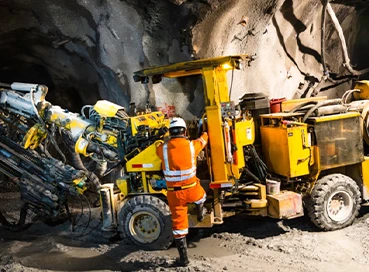But like any big decision, it’s important to weigh up the positives and the challenges. This guide takes you through the key pros and cons of FIFO work and shares a few tips to help you decide if it’s the right fit for you.
What is FIFO?
FIFO work means travelling to a remote location for a set period to do your job, then flying back home for your time off. It’s common in mining, construction, oil and gas, and other large-scale industries. While on-site, FIFO workers usually stay in dedicated accommodation with access to modern facilities like gyms, dining halls, and recreational areas — so you’re not roughing it in a tent anymore. The lifestyle has taken off in recent decades, largely thanks to the high wages and flexible living options it offers.The Upsides of FIFO Work
Live where you want
One of the biggest perks of FIFO is that you don’t need to relocate to find good work. Whether you’re based in a big city or a small town, FIFO lets you keep your roots — your family, your lifestyle, your community — while still accessing top-tier job opportunities.More time off
Because the rosters are often intense (think 12-hour shifts), FIFO roles usually come with generous time off. That means longer breaks to unwind, take a holiday, or spend quality time with your loved ones — something that’s hard to come by in standard Monday-to-Friday jobs.Comfortable, modern facilities
The idea that FIFO means living rough is long gone. These days, companies go to great lengths to make workers feel at home — with clean, air-conditioned rooms, decent meals, Wi-Fi, gyms, and more. It’s all about making sure you’re rested and ready to work.Great pay and bonuses
FIFO work often comes with excellent pay, especially for skilled trades and specialist roles. On top of your base rate, there may be travel allowances, site uplifts, extra super contributions, and more — all designed to compensate for the remote and demanding nature of the work.Work stays at work
When you’re on-site, you focus solely on work. But when you’re off, you’re really off. This clear line between work and personal life can actually help with mental wellbeing — no emails at dinner, no checking your phone on holidays.The Challenges of FIFO Work
Long shifts and demanding rosters
FIFO isn’t your average 9-to-5. Expect 10- to 12-hour shifts, sometimes for two or three weeks straight. That kind of intensity isn’t for everyone and can take a toll if you’re not mentally and physically prepared.Tough working conditions
Depending on your industry, the job can be physically hard and the environment harsh — think extreme heat, remote locations, dust, noise, or heavy machinery. You’ll need to be safety-conscious and resilient.Time away from home
Spending weeks away from your partner, kids, or pets can be hard. If you’ve got young children or ageing parents, it might not be the right time to take on a FIFO role. It takes real effort to stay connected while you’re away.Loneliness and isolation
While some FIFO sites have great team vibes, it can still feel isolating — especially if you’re new to the job or your co-workers keep to themselves. Making meaningful connections can be a bit harder in this kind of setup.How to Stand Out When Applying for FIFO Jobs
To land a FIFO job, you’ll need more than just a strong work ethic. Employers look for people who are adaptable, committed, and experienced in similar environments. Having the right qualifications or trade tickets will also give you a competitive edge.Get Recognised for the Skills You Already Have
One of the best ways to boost your FIFO job prospects is through Recognition of Prior Learning (RPL). If you’ve been working in roles like electrical, diesel fitting, gasfitting, or even painting — Skills Certified can help you turn that experience into nationally recognised qualifications. Here’s how it works:- We assess your existing skills
- Match you with a Registered Training Organisation (RTO)
- Help you compile a portfolio of evidence
- Support you every step of the way through the RPL process






















